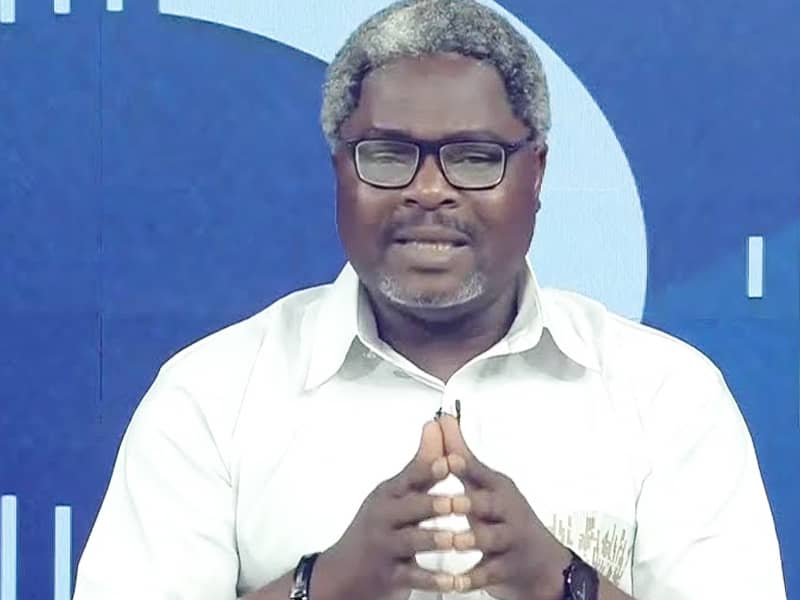Lere Olayinka, a prominent member of the Peoples Democratic Party (PDP), has accused Senator Ireti Kingibe of deliberately targeting the Minister of the Federal Capital Territory (FCT), Nyesom Wike, in an attempt to revive what he described as her “dead political career.” The statement was made in response to recent criticisms directed by Senator Kingibe at Wike’s handling of affairs in the FCT.
Olayinka, who served as a media aide to former Ekiti State Governor Ayo Fayose, alleged that Kingibe’s public remarks against Wike were politically motivated and aimed at gaining relevance. He claimed the senator was using Wike as a political target to draw attention to herself, especially amid rising political competition in the Federal Capital Territory.
According to Olayinka, Senator Kingibe’s recent public statements reflect desperation rather than genuine concern for governance or accountability. He argued that the senator had not demonstrated effective leadership or legislative impact since assuming office, and is now attempting to shift public focus by attacking a high-profile figure like Wike.
The controversy began after Senator Kingibe, who represents the FCT in the Senate, criticized Wike over what she described as poor coordination, lack of consultation with elected representatives, and exclusion of residents from the governance process in the capital territory. She accused Wike of running the FCT like a personal estate and ignoring the legislative arm of government in matters affecting Abuja.
In her statements, Kingibe claimed that projects and decisions were being executed without proper engagement with stakeholders or regard for the priorities of FCT residents. She also questioned the funding and transparency of several ongoing infrastructure projects under Wike’s supervision, warning that such a unilateral approach to governance could lead to public dissatisfaction and unrest.
Wike, who previously served as the Governor of Rivers State, was appointed as FCT Minister in 2023 by President Bola Tinubu. His appointment sparked political controversy within the PDP, as Wike had supported the All Progressives Congress (APC) in the 2023 presidential elections, despite being a senior PDP figure. His ongoing role in a ruling APC-led federal government has continued to stir political debate, especially among PDP members and leaders.
Olayinka dismissed Kingibe’s concerns as politically opportunistic. He alleged that the senator was trying to gain relevance by attacking a more visible and active government figure. He argued that if Kingibe were truly committed to FCT development, she would work collaboratively with the Minister rather than engage in public attacks.
He further accused her of ignoring her legislative duties and failing to bring meaningful progress to her constituents. According to him, instead of delivering on campaign promises, Kingibe has focused on media appearances and political commentary that do not reflect the needs of the FCT population.
Kingibe has not directly responded to Olayinka’s remarks, but her recent criticisms of Wike have attracted both support and backlash across political circles. Some civil society groups have echoed her concerns about transparency and inclusion in FCT governance, while others believe the confrontation is part of larger political maneuvering ahead of future elections.
The ongoing exchange between Kingibe and Wike’s allies highlights growing tension within the PDP and among key political actors in the FCT. The rivalry may also reflect wider struggles over political control in the capital, where competing interests are seeking to assert influence in the wake of the 2023 general elections.
As of now, Wike has not publicly addressed Kingibe’s comments. However, his actions in the FCT continue to draw national attention, particularly with high-profile infrastructure projects underway and significant federal investment flowing into the capital.
Observers note that the political friction between elected lawmakers and executive appointees like Wike could have implications for governance in the FCT, especially if such disputes overshadow policy collaboration and service delivery.





